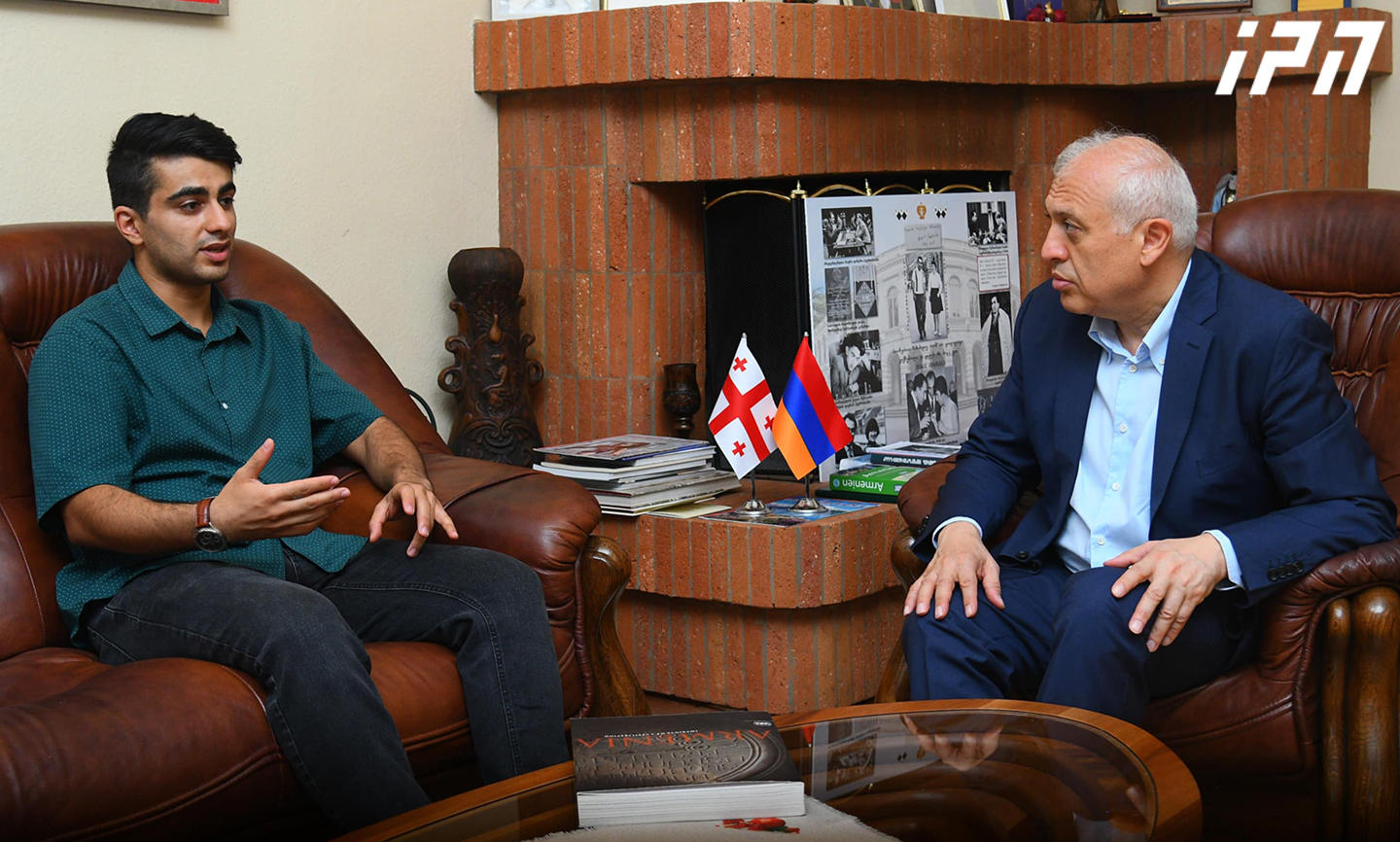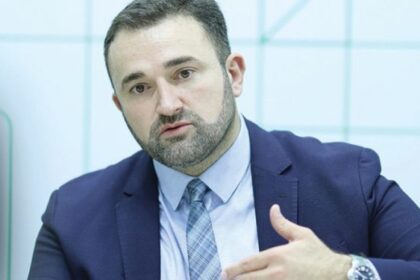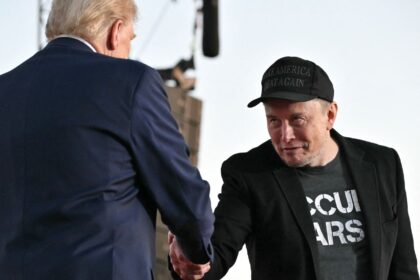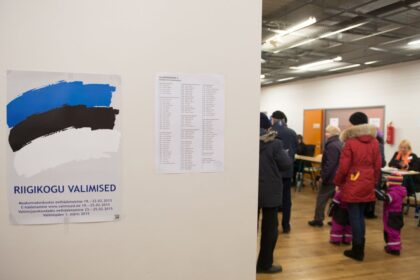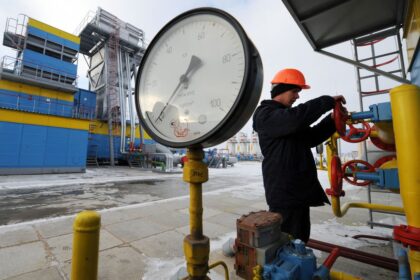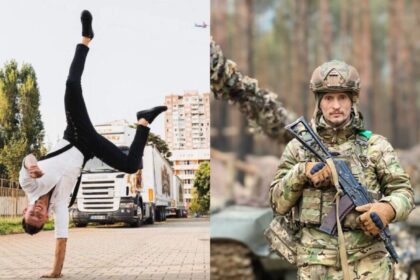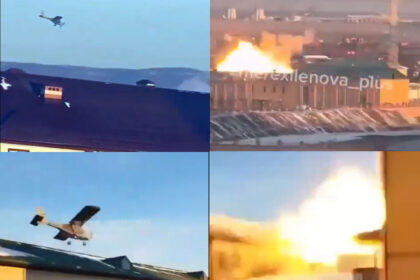The Ambassador of the Republic of Armenia to Georgia, Ashot Smbatyan, believes that EU-Armenia relations have developed into the close and comprehensive partnership they are today.
In an interview with InterpressNews, the Ambassador stated that the starting of the process of Armenia’s accession to the EU reflects the European aspirations of the Armenian people. He also noted that during a recent visit to Brussels, Armenia’s Prime Minister conveyed a clear message reaffirming the country’s commitment to aligning with the European Union.
Ambassador Smbatyan stressed that Armenia’s deepening ties with the EU, as well as efforts to normalize relations with Azerbaijan and Turkey, are not directed against any third country, including Russia.
To begin with, could you share your assessment of the meetings between the leaders and governmental delegations of Armenia and Azerbaijan held in Abu Dhabi on July 10? How do you evaluate the outcome of these discussions, and are you optimistic about the prospects for reaching a final agreement?
The Republic of Armenia and the Republic of Azerbaijan have agreed on the text of the agreement “On the Establishment of Peace and Interstate Relations between the Republic of Armenia and the Republic of Azerbaijan.” Armenia has also officially declared its readiness to sign the document within the shortest possible timeframe. During the meeting between the Prime Minister of Armenia and the President of Azerbaijan held in Abu Dhabi on July 10, issues related to the signing process of the agreement and various aspects of the agenda for regulating Armenia-Azerbaijan interstate relations were discussed. An agreement was reached to continue the results-oriented dialogue. The parties also agreed to continue direct negotiations between the two countries and to implement confidence-building measures.
Overall, the fact of the meeting and the discussions can be assessed positively. At the same time, allow me to emphasise that the Armenian side considers it important to avoid actions and rhetoric that could hinder progress in the process.
What are Armenia’s key “red lines” in the ongoing peace negotiations, particularly in relation to border demarcation and security guarantees?
The Republic of Armenia’s process of regulating relations with its neighbours is aimed at protecting and strengthening the sovereignty, territorial integrity, inviolability of borders, and democracy of our state. The ongoing negotiations with Azerbaijan must be viewed within this very context. As you are aware, Armenia and Azerbaijan officially declared back in October 2022 that they recognise each other’s territorial integrity based on the 1991 Alma-Ata Declaration, and peace negotiations between the two countries have proceeded on that basis and logic.
Do you see realistic prospects for the improvement of Armenia-Azerbaijan relations to a level where diplomatic ties and economic cooperation could be restored in the near future? What conditions would need to be met for such progress to take place?
The provisions of the peace agreement between the two countries address numerous aspects, such as the establishment of diplomatic relations, the strengthening of mutual trust, the establishment of trade and economic cooperation, and others. In line with this approach, Armenia has presented the “Crossroads of Peace” project, which envisions the reactivation of roads, railways, and communication lines passing through the territory of the Republic of Armenia, connecting all the countries of the region and, in a broader global context, ensuring North-South and East-West connectivity. The four principles of the Crossroads of Peace are as follows: all infrastructures, including roads, railways, gas pipelines, pipelines, and power lines, operate under the sovereignty and jurisdiction of the countries through which they pass. Each country ensures, through its state agencies, border and customs control as well as the security of all infrastructures on its territory, including the safety of people, vehicles, and cargo transiting through it. These infrastructures can be used for both international and domestic transportation. All countries use all infrastructures on the basis of reciprocity and equality. It is worth noting that this project has received positive feedback from numerous international partners and organisations. The “Crossroads of Peace” project was first presented by the Prime Minister of Armenia in October 2023 at the international conference “Silk Road” held in Tbilisi, as it is a component part of the so-called “Middle Corridor,” and its implementation could become a key transportation hub for cargo transportation from China and India to Europe.
In June 2025, Armenian Prime Minister Nikol Pashinyan visited Turkey and held talks with President Recep Tayyip Erdoğan— a meeting described by official Yerevan as “historic” and widely seen as a significant step toward normalizing relations. While both sides have expressed a willingness to improve ties, what key challenges or obstacles do you currently see in the process of Armenia–Turkey normalization?
Armenia and Turkey have been conducting contacts and negotiations for 2-3 years for regulating relations between the two countries without intermediaries. Both countries have appointed special representatives for this purpose, who have reached certain agreements during their meetings. Periodic discussions have also taken place previously at the highest levels, as well as between the foreign ministers. The Armenian Prime Minister’s visit to Turkey on June 20, at the invitation of the President of Turkey, was a logical development in the process of regulating relations between the two countries. Both sides emphasised the importance of maintaining constructive dialogue and achieving concrete results. The leaders also addressed regional developments and potential directions for bilateral cooperation in that context. The leaders of Armenia and Turkey reaffirmed their readiness to continue direct communication and dialogue.
It is noteworthy that on July 10, Presidents Aliyev and Pashinyan held a face-to-face meeting in Abu Dhabi without Russian mediation, prompting observations that Russia’s influence in the South Caucasus may be waning. In this context, how would you characterize the current state of Armenia–Russia relations, and how is Yerevan approaching its strategic partnership with Moscow amid shifting regional dynamics?
Armenia’s aspiration to regulate relations with its neighbours is in no way directed against any third country. I hope that all our partners interested in stability and peace in the South Caucasus have an accurate understanding in this regard.
As for Armenia–Russia relations, they are developing naturally, taking into account each other’s national interests and, when necessary, also respecting differing positions on various issues.
During a recent visit to Yerevan, EU High Representative Kaja Kallas held talks with Armenian Foreign Minister Ararat Mirzoyan, after which they highlighted discussions on concrete, realistic steps toward implementing Armenia’s path to EU membership, as well as progress on the visa liberalisation process. How would you assess the current state of Armenia–EU relations, and what, in your view, are the realistic prospects for Armenia’s eventual accession to the European Union?
Indeed, Armenia–EU relations have never been as comprehensive and close as they are today. The recently adopted law by the Armenian National Assembly, “On Starting the Process of Armenia’s Membership in the EU,” reflects the European aspirations of Armenian citizens. During EU High Representative Kaja Kallas’s visit to Armenia, in addition to numerous Armenia-EU agenda issues, possible further realistic steps for implementing the mentioned law were discussed. During the visit, an agreement was also signed between Armenia and the EU “On Defining the Framework for the Republic of Armenia’s Participation in European Union Crisis Management Operations,” which is a vivid example of expanding the Armenia-EU partnership agenda, which simultaneously demonstrates Armenia’s aspiration and desire to make a constructive contribution to global security, establishing stability and peace in the world. The launch of consultations between Armenia and the EU in the security and defence sectors was also jointly announced. I would like to note that Armenia and the EU have successfully completed negotiations on a new Partnership Agenda. It is quite an ambitious document that will complement and further deepen the Armenia-EU bilateral agenda with new directions of cooperation. An important item on the Armenia–EU agenda remains the issue of visa liberalisation, for which negotiations are ongoing.
In your view, how likely is it that Moscow will tolerate countries such as Georgia and Armenia moving away from its sphere of influence in favor of closer integration with the European Union?
As I already mentioned, the law “On Starting the Process of Armenia’s Membership in the EU” adopted by the Armenian National Assembly reflects the European aspirations of Armenian citizens. Nevertheless, Armenia has not officially applied to join the EU. At the same time, I should note that during the recent visit to Brussels, the Armenian Prime Minister conveyed to the President of the European Council and the President of the European Commission the message about Armenia’s desire to become an EU member in the future.
And finally, what is Yerevan’s official position on the current political developments in Georgia, and how does Armenia view its neighbor’s internal dynamics in the context of regional stability and bilateral relations?
Our relations with brotherly Georgia are strategic. There are centuries-old friendly ties between our peoples, and we share common values and a joint vision of peace, stability, and prosperity in the region. There is close cooperation between the governments of Armenia and Georgia in all areas, and we are working to deepen and expand it even further. There are frequent mutual visits at various levels between the two countries, as well as joint trade, economic, scientific, educational, cultural, and humanitarian events. Decentralised cooperation is also developing.
Beka Beriashvili
Interpressnews
Ambassador of Armenia to Georgia, Ashot Smbatyan – EU-Armenia relations have never been as comprehensive and close as they are today
